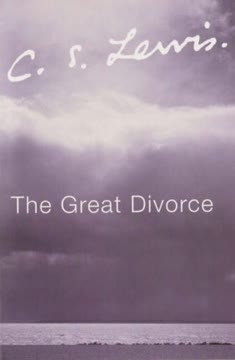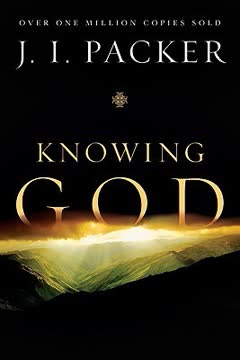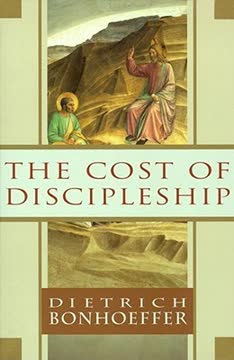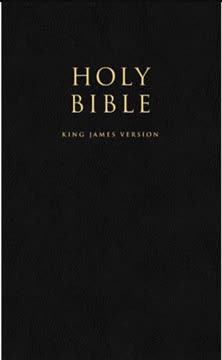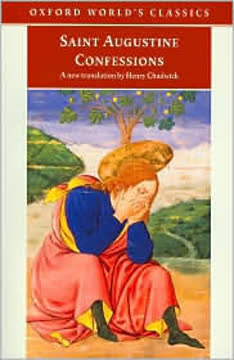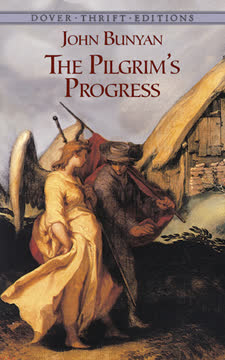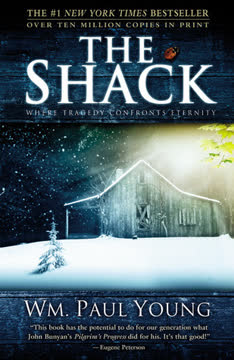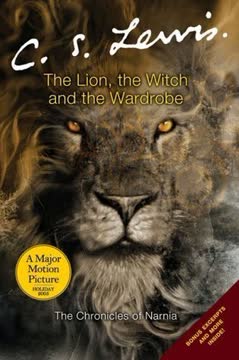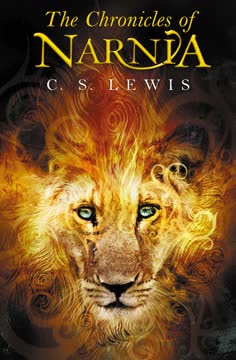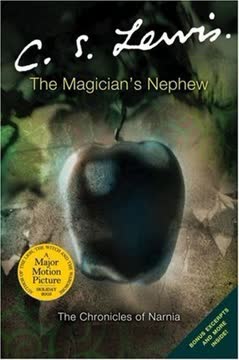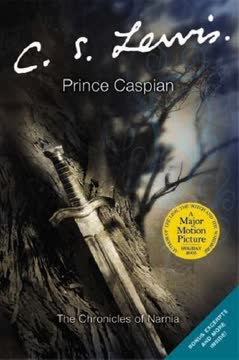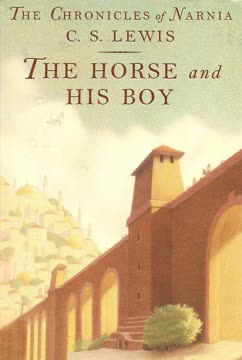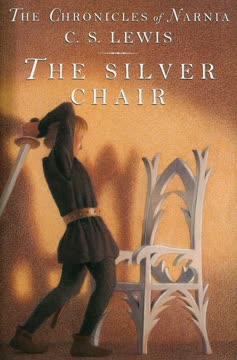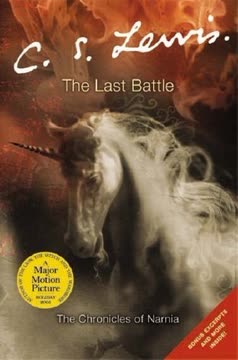Plot Summary
Rainy Queue in Twilight
The story opens in a bleak, rain-soaked city, where the narrator finds himself wandering through endless, empty streets. He joins a queue at a bus stop, surrounded by a motley group of disgruntled, quarrelsome people. The city is revealed to be a kind of purgatorial Hell, where inhabitants are isolated by their own pettiness and self-absorption. The queue is for a mysterious bus, and the narrator, along with the others, boards it, not knowing where it will take them. The atmosphere is tense, with passengers bickering and jostling for position, each convinced of their own grievances and entitlements.
The Bus to Elsewhere
The bus, radiant and otherworldly, lifts off the ground and soars away from the grey city. The passengers, a collection of lost souls, are revealed through snippets of conversation: a self-pitying poet, a materialist, a schemer, and others, each clinging to their own narratives of injustice. The bus ascends into a realm of increasing light, leaving the drabness behind. The narrator observes the passengers' inability to let go of their resentments, even as they are transported to a place of possibility. The journey is both literal and symbolic—a passage from the self-made prison of the mind toward something more real.
Arrival in Solid Country
The bus lands in a vast, luminous landscape, more solid and substantial than anything the ghosts have known. The narrator and the other passengers discover that they are insubstantial, ghostly, unable to interact with the grass, trees, or even the dew, which are painfully hard to them. The "Solid People," radiant and strong, approach from the distance. The ghosts are both fascinated and terrified, sensing that this place is both a promise and a threat. The narrator realizes that he, too, is a ghost, and that this new country is a place of ultimate reality—Heaven's outskirts.
Ghosts Meet the Bright
Each ghost is met by a Solid Person—someone they once knew, now transformed. These meetings are deeply personal, tailored to each ghost's particular flaws and attachments. The Solid People invite the ghosts to journey further into the mountains, to become solid themselves, but only if they let go of the burdens and obsessions that keep them tethered to the grey town. The ghosts' reactions vary: some are angry, some incredulous, some tempted but afraid. The narrator observes these encounters, sensing that the real drama is not external but within each soul.
The Demand for Rights
One ghost, the "Big Man", is met by a former subordinate who, despite having been a murderer, is now redeemed. The Big Man is outraged that a "decent chap" like himself should be in the same place as a murderer. He demands his rights, refusing to accept charity or forgiveness. The Solid Person explains that no one has rights in Heaven—only the gift of grace. The Big Man, unable to relinquish his pride and sense of entitlement, chooses to return to the bus, preferring his own misery to the humility required for joy.
Intellectual Pride and Doubt
Another ghost, the Episcopal Ghost, is met by a friend who urges him to let go of intellectual pride and accept the reality of God. The ghost, however, is more interested in endless inquiry and debate than in truth itself. He wants a Heaven that will accommodate his need for "free play of mind," not a place of final answers. The Solid Person insists that truth is not an abstraction but a living reality to be embraced. The Episcopal Ghost, unable to surrender his self-importance, returns to the bus, preferring speculation to surrender.
The Weight of Desire
The narrator witnesses a ghost, "Ikey", trying to steal golden apples from a heavenly tree, only to find them unbearably heavy. The landscape itself resists the ghosts' attempts to possess or manipulate it. Another ghost, the "Hard-Bitten Ghost", dismisses everything as a scam, refusing to believe in the possibility of real joy. The narrator sees that the ghosts' desires, when turned inward and self-serving, become sources of torment. Only by letting go can desire be transformed into something greater.
Shame and Self-Obsession
The Shame-Filled Woman is paralyzed by shame, unable to bear the thought of being seen in her ghostly state by the Solid People. Her guide urges her to accept her condition and move forward, but she cannot overcome her self-obsession. The narrator realizes that shame, when resisted, becomes a barrier to healing, but when accepted, it can be the beginning of transformation. The ghost's refusal to step out of herself leads her back to the bus, still trapped by her own gaze.
The Teacher's Wisdom
The narrator meets his guide, revealed to be George MacDonald, who explains the nature of the place. The "grey town" is both Hell and Purgatory, depending on whether one chooses to leave it. The real choice is between self-will and surrender to joy. MacDonald explains that even the best natural loves and virtues must be transformed; otherwise, they become demonic. The narrator learns that the damned are those who prefer their own misery to the risk of joy, and that Heaven is reality itself, not a mere state of mind.
Love Twisted and Possessive
Several ghosts are shown to be trapped by distorted forms of love: a mother who demands her son as her possession, a wife who wants to dominate her husband, a man who uses self-pity to manipulate others. In each case, the Solid People offer real love, but the ghosts cling to their need to control, to be needed, or to be pitied. The narrator sees that even the highest human loves must be surrendered and remade, or they become prisons. True love is self-giving, not self-seeking.
The Lizard and the Angel
One of the most powerful scenes involves the Lizard Ghost with a red lizard (representing lust) on his shoulder. An angel offers to kill the lizard, but the ghost hesitates, fearing the pain and loss. Only when he finally consents does the angel destroy the lizard, which is then transformed into a magnificent stallion. The ghost himself becomes solid and rides joyfully into the mountains. The narrator learns that nothing good is lost in surrender; rather, it is raised to a higher, truer form.
The Great Procession
The narrator witnesses a radiant procession honoring a woman named Sarah Smith, unknown on earth but great in Heaven because of her selfless love. She is surrounded by people and animals she touched with kindness. The narrator sees that true greatness is measured not by earthly fame but by the capacity to love and give life to others. The smallest acts of love ripple outward, transforming the world.
Pity, Joy, and Freedom
The narrator observes the tragic end of a ghost who clings to self-pity and the need to be pitied, shrinking into nothingness as he rejects joy. His former beloved, now a Solid Person, cannot be blackmailed by his misery. The Teacher explains that pity, when used to manipulate, must die, but the action of pity—true compassion—remains. Joy cannot be held hostage by those who refuse it. The freedom to choose joy or misery is absolute, but the consequences are real.
The Crack in the Soil
The Teacher shows the narrator that the vastness of Hell is, in reality, smaller than a crack in the soil of Heaven. The damned are shrunken by their self-absorption, unable to receive the overwhelming reality of joy. Heaven is infinitely more real and substantial than Hell, which is a self-imposed prison of the mind. Only the greatest humility can enter into the fullness of joy.
The Chessboard of Time
The narrator glimpses a vision of human life as chess pieces on a board, each move reflecting the deeper reality of the soul. The Teacher explains that time is the lens through which we see freedom and choice. The choices made in time have eternal significance, but eternity itself is beyond human comprehension. The narrator is reminded that the story he has witnessed is a dream, a vision meant to awaken, not to provide final answers.
The Coming of Morning
As the narrator's vision ends, the dawn breaks, and he is overwhelmed by the light of Heaven. He awakens in his study, realizing that the journey was a dream, but one that reveals the deepest truths about choice, freedom, and the nature of joy. The morning comes, and with it, the possibility of choosing reality over illusion, joy over self-imprisonment.
Characters
The Narrator
The narrator is an everyman figure, curious and observant, whose journey frames the story. He is open to learning, often bewildered but willing to question and reflect. His encounters with the ghosts and the Solid People serve as a lens for the reader, allowing us to witness the various ways souls resist or accept transformation. Through his relationship with his Teacher, he grows in understanding, moving from confusion to a deeper grasp of the nature of choice, freedom, and joy.
The Teacher (George MacDonald)
The Teacher is a compassionate, authoritative figure who explains the metaphysical realities of the afterlife. He embodies both intellectual depth and spiritual humility, guiding the narrator through the complexities of Heaven and Hell. His insights reveal the dangers of pride, the necessity of surrender, and the paradoxical nature of freedom. He is both mentor and model, representing the possibility of wisdom born from suffering and love.
The Big Man
The Big Man is emblematic of those who demand their rights and refuse grace. He is unable to accept that forgiveness and charity are the only currency in Heaven, clinging instead to his sense of personal merit. His encounter with his former subordinate, now redeemed, exposes the emptiness of self-righteousness. He chooses misery over humility, illustrating the destructive power of pride.
The Episcopal Ghost
This ghost represents the dangers of valuing speculation and debate over truth. He is more interested in endless inquiry than in surrendering to reality. His refusal to accept final answers or to humble his intellect prevents him from entering joy. He is a warning against the idolatry of the mind and the refusal to be childlike in the face of truth.
Ikey (The Bowler-Hatted Ghost)
Ikey is obsessed with acquiring and possessing, even in the afterlife. His attempt to steal golden apples, only to find them unbearably heavy, symbolizes the futility of trying to bring earthly desires into Heaven. He is driven by fear and a need for control, unable to accept the gift of joy. His story illustrates the self-defeating nature of materialism and anxiety.
The Hard-Bitten Ghost
This ghost dismisses everything as a scam, refusing to believe in the possibility of real joy or transformation. He is trapped by his own cynicism, unable to risk hope or vulnerability. His skepticism is a shield against disappointment, but it also prevents him from experiencing anything real. He embodies the despair that comes from refusing to trust or to be open to grace.
The Shame-Filled Woman
This ghost is unable to move forward because she cannot bear to be seen in her ghostly state. Her self-obsession and fear of exposure trap her in misery. She is offered help, but her refusal to accept her condition or to focus on anything outside herself keeps her from healing. She represents the prison of shame and the necessity of self-forgetfulness for transformation.
The Mother (Pam)
Pam is a mother whose love for her son has become possessive and idolatrous. She demands her son as her right, refusing to love God for His own sake. Her grief has become her identity, and she is unable to surrender her will. Her story is a powerful exploration of how even the highest natural loves must be transformed or they become destructive.
The Lizard Ghost
This ghost is tormented by a lizard representing lust. He fears the pain of surrender but ultimately consents, allowing the angel to destroy the lizard, which is then transformed into a stallion. The ghost himself becomes solid and joyful. His story is a parable of the necessity and reward of surrendering even the most cherished vices.
Sarah Smith
Sarah Smith is a radiant figure, unknown on earth but great in Heaven because of her selfless love for all she met. She is surrounded by people and animals she touched, illustrating the ripple effect of true charity. Her story reveals that greatness in Heaven is measured by love, not fame or achievement.
Plot Devices
Allegorical Dream Journey
The entire narrative is framed as a dream, allowing Lewis to explore metaphysical realities without claiming literal knowledge. The journey from the grey town to the outskirts of Heaven serves as an allegory for the soul's journey from self-imposed misery to the possibility of joy. The dream structure enables encounters with a variety of characters, each representing different spiritual conditions.
Encounters and Dialogues
The central device is a series of dialogues between ghosts and Solid People, each dramatizing a particular vice, attachment, or misunderstanding. These encounters are both narrative and didactic, illustrating the choices that lead to joy or misery. The dialogues are tailored to each ghost's unique story, making the abstract concrete.
Symbolic Geography
The physical properties of the new country—its painful grass, unbreakable flowers, and overwhelming light—symbolize the greater reality of Heaven compared to the insubstantiality of Hell. The geography is not just backdrop but a participant in the drama, reinforcing the themes of reality, transformation, and the cost of joy.
Foreshadowing and Retrospection
The narrative is filled with foreshadowing: the bus journey, the growing light, the approach of morning. The Teacher's explanations reveal that choices made in time have eternal consequences, and that both joy and misery become retrospective, coloring all of one's past. The story's end, with the coming of morning, fulfills the foreshadowed promise of awakening to reality.
Metaphysical Explanations
The Teacher's discourses provide metaphysical context, explaining the nature of freedom, the relationship between time and eternity, and the necessity of surrender. These passages deepen the narrative, inviting the reader to reflect on the meaning of the story and its application to life.
Analysis
The Great Divorce is C.S. Lewis's imaginative meditation on the nature of Heaven, Hell, and human freedom. Through a series of vivid encounters, Lewis dramatizes the truth that the gates of Hell are locked from the inside: souls remain in misery not because they are denied joy, but because they refuse to surrender the very things that keep them miserable—pride, self-pity, possessiveness, and vice. The story insists that even the best natural loves and virtues must be transformed by grace, or they become prisons. Heaven is not a reward for merit but the acceptance of a gift; Hell is the refusal to be changed. Lewis's vision is both hopeful and sobering: anyone who truly desires joy can have it, but the cost is the death of self-will. The book's enduring lesson is that reality—joy, love, and freedom—awaits those who are willing to let go of their illusions and step into the light.
Last updated:
Review Summary
The Great Divorce receives high praise from readers for its thought-provoking exploration of heaven, hell, and human nature. Many appreciate Lewis's allegorical approach and insightful commentary on faith, choice, and redemption. Readers find the book's philosophical discussions engaging and its depiction of the afterlife both imaginative and profound. Some note the book's challenging concepts but find them rewarding upon reflection. Several reviewers mention rereading the book multiple times, discovering new layers of meaning with each revisit. Overall, it's considered a powerful and transformative work of Christian literature.
Similar Books
Download PDF
Download EPUB
.epub digital book format is ideal for reading ebooks on phones, tablets, and e-readers.
